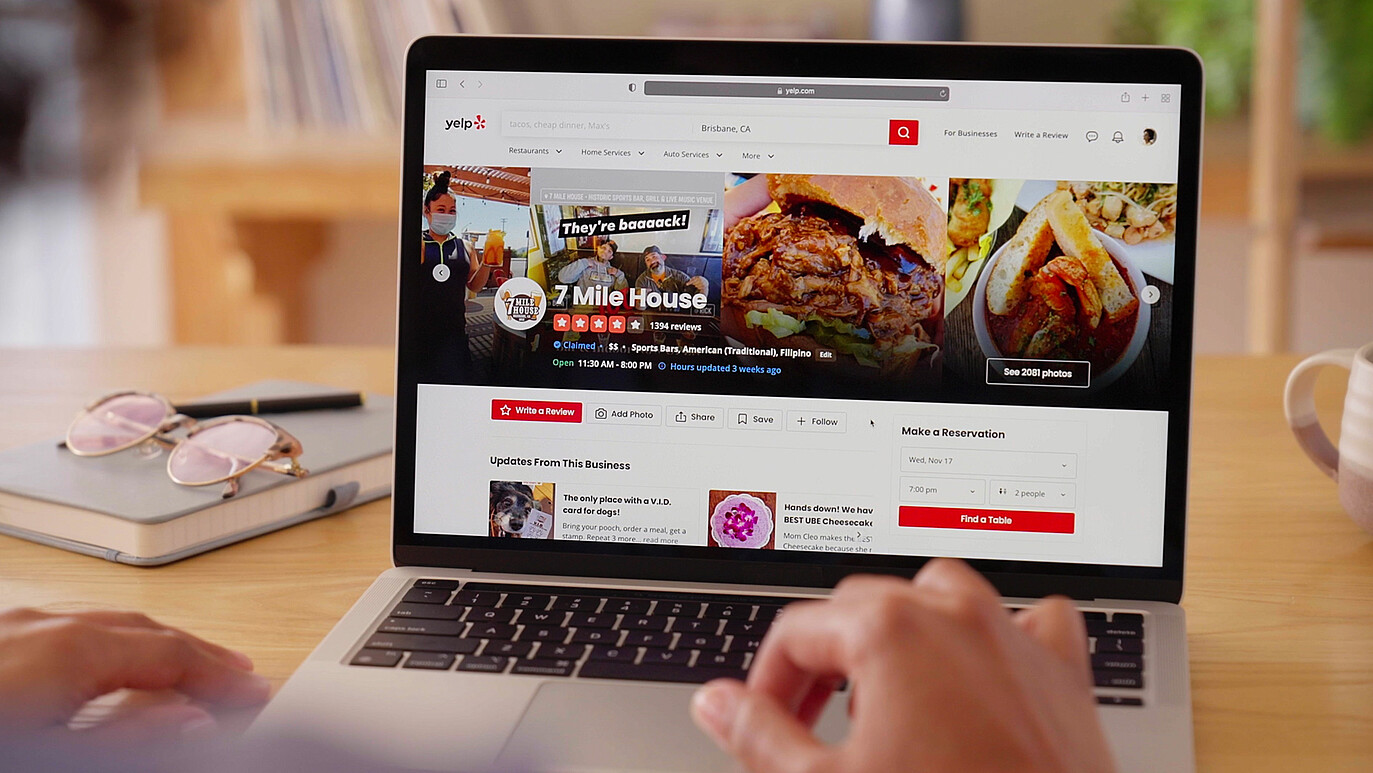

Article: Friday, 12 March 2021
Online shopping is now bigger than ever, and although e-commerce offers both sellers and consumers many benefits, one significant drawback is that consumers cannot try out or physically evaluate products or services before deciding to buy. Online ratings can help guide their purchases – but how robust is the design of those online rating systems? People often assume that online ratings accurately reflect consumer satisfaction, but new research by Dr Markus Weinmann of Rotterdam School of Management, Erasmus University (RSM), Dr Christoph Schneider of IESE Business School, Barcelona, Dr Peter Mohr of Free University Berlin, and Prof. Jan vom Brocke of University of Liechtenstein found that ratings can be influenced by the design of the rating system.
In other words, webpage design can influence how consumers report their experiences and surprisingly, ratings do not necessarily reflect consumer satisfaction. This has implications for businesses that invite customers to leave their feedback online, and the consumers looking to use online ratings from other customers to guide their own purchasing decisions.
Interestingly, the same products or services often receive different ratings on different websites – for example, reviews of the same restaurant appearing on TripAdvisor and Yelp. Given the widespread use of online ratings, these differences are an interesting and important issue, so the researchers were curious to discover the underlying reasons for them – in particular the rational and irrational human behaviour for giving ratings on online platforms.
They conducted seven experiments in which they asked two groups of participants to provide ratings for restaurants, movies, or their universities. One group of participants was asked only for an overall rating; the other was asked to provide ratings on several qualities; food, atmosphere, service for restaurants, and other appropriate aspects for movies and universities, in addition to being asked to give an overall rating.
Comparing the overall ratings from both groups allowed the researchers to test the hypothesis that even just mentioning individual qualities – or ‘sub-ratings’ – when asking for a review brings them to the front of participants’ minds, and in this way, the ratings of individual qualities influence overall ratings.
The researchers expected that overall ratings from both groups — with and without asking for dimensional ratings — would not differ, and that asking for dimensional ratings would not change overall ratings. But their research shows that asking consumers to provide dimensional ratings on other qualities in addition to providing an overall rating can systematically influence the overall rating, positively and negatively.
If consumers provide high scores for dimensional ratings, their overall ratings tend to be higher than those of consumers who were not asked for dimensional ratings. Conversely, if consumers provide low scores for dimensional ratings, their overall ratings tend to be lower than those of consumers who did not rate those dimensions.
These findings provide a better understanding of online rating systems, particularly for providers of products or services. Any service or product provider must carefully consider which dimensions to include in the rating system because scoring very low on one dimension can dampen the overall rating.
There’s also a word of caution for consumers when using information from online feedback left by others to make their purchasing decisions. The research from Dr Markus Weinmann and his colleagues shows that consumers should be careful when comparing online ratings, and be wary – or even avoid – comparing ratings from different websites.
There can be significant differences in ratings between websites just because different websites use different rating systems, and customers being asked to rate individual qualities are influenced by the system that’s used.
To be able to rely on online ratings, it is important for consumers to be aware of how overall ratings are constructed, and to ensure that the dimensions and qualities rated are aligned with the qualities the consumer wants to know more about.

The paper from Dr Markus Weinmann, Dr Christoph Schneider, Dr Peter Mohr, and Prof. Jan vom Brocke has been published in Management Science (STAR) under the title When the Stars Shine Too Bright: The Influence of Multidimensional Ratings on Online Consumer Ratings (Open access).


Science Communication and Media Officer

Corporate Communications & PR Manager
Rotterdam School of Management, Erasmus University (RSM) is one of Europe’s top-ranked business schools. RSM provides ground-breaking research and education furthering excellence in all aspects of management and is based in the international port city of Rotterdam – a vital nexus of business, logistics and trade. RSM’s primary focus is on developing business leaders with international careers who can become a force for positive change by carrying their innovative mindset into a sustainable future. Our first-class range of bachelor, master, MBA, PhD and executive programmes encourage them to become to become critical, creative, caring and collaborative thinkers and doers.
